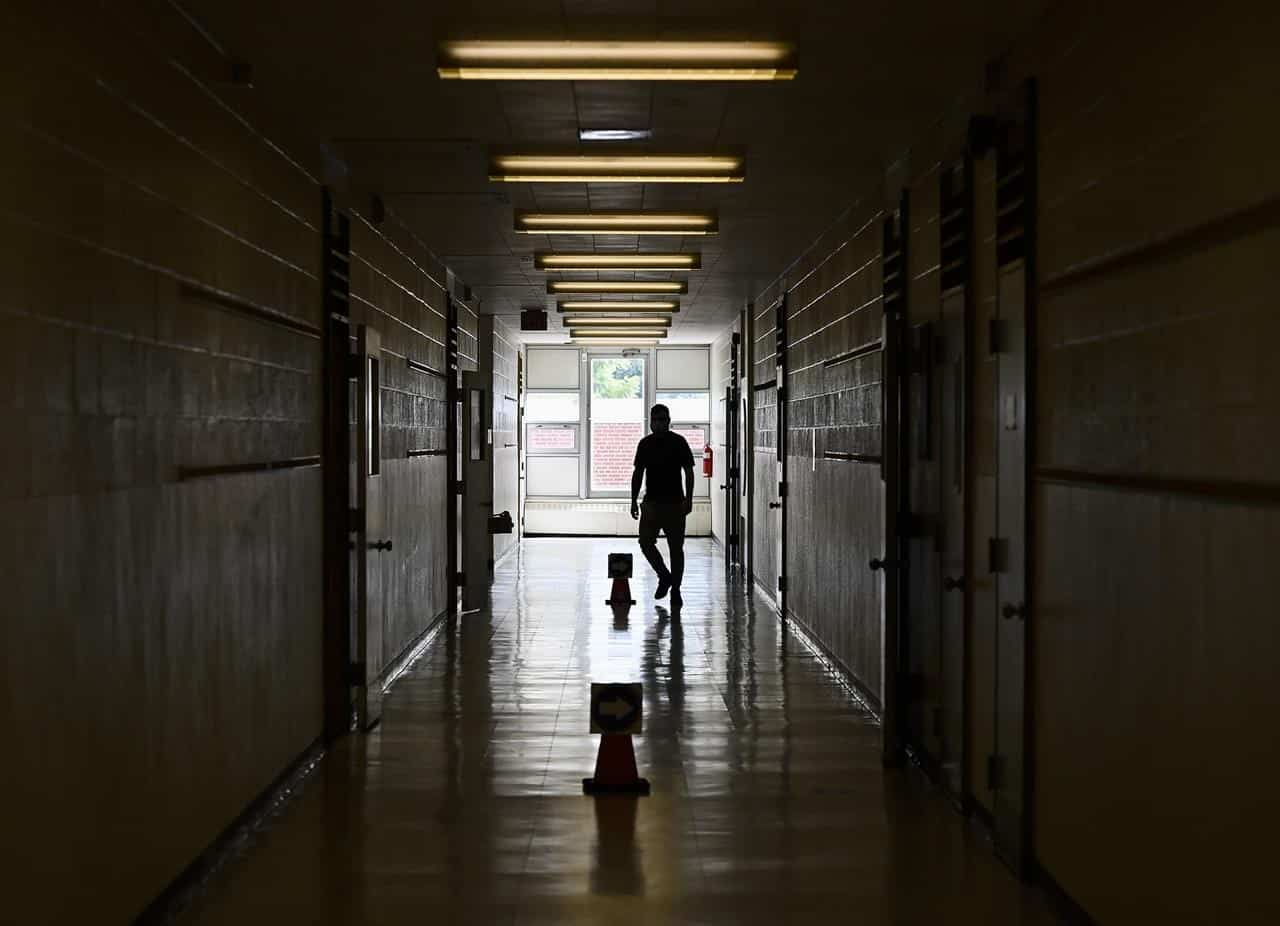CUPE awaits Ontario’s response to its counter-offer as strike looms
Published November 2, 2022 at 7:37 am

A union representing 55,000 education workers set to strike says it hopes to hear back today from the government on a counter-offer.
The workers such as early childhood educators, educational assistants and custodians represented by the Canadian Union of Public Employees plan to walk off the job Friday, despite looming legislation that would make it illegal.
Several boards, including the Toronto District School Board, have said they will have to close schools because they can’t operate safely without the CUPE-represented staff.
The Ontario government has introduced legislation to impose a contract on the education workers and ban them from striking upon threat of steep fines.
It hopes to see the bill passed this week, with Premier Doug Ford saying he will do everything he can to make sure kids stay in class — CUPE has not said whether its strike would extend beyond Friday.
CUPE negotiators presented a counter-offer late Tuesday night in response to the imposed contract terms in the legislation and the government is to review it.
The union did not provide details of what it was proposing. The government has said it would return to the bargaining table if the mediator asks, and wanted to hear if CUPE’s new offer was “reasonable.”
The government originally offered raises of two per cent a year for workers making less than $40,000 and 1.25 per cent for all others, but Education Minister Stephen Lecce said the new, imposed four-year deal would give 2.5 per cent annual raises to workers making less than $43,000 and 1.5 per cent raises for all others.
CUPE has said its workers, which make on average $39,000 a year, are generally the lowest paid in schools and had been seeking annual salary increases of 11.7 per cent.
The union’s original proposal also included overtime at two times the regular pay rate, 30 minutes of paid prep time per day for educational assistants and ECEs, an increase in benefits and professional development for all workers.
Several other unions, including the teachers’ unions currently in bargaining with the government, have expressed solidarity with CUPE. The most notable example is Labourers’ International Union of North America — LiUNA — which endorsed Ford’s Progressive Conservatives in the spring election.
Prime Minister Justin Trudeau, as well as the federal justice and labour ministers, have criticized the Ontario government for pre-emptively including the Constitution’s notwithstanding clause in the legislation, saying it shouldn’t be used to suspend workers’ rights.
The clause allows the legislature to override portions of the Canadian Charter of Rights and Freedoms for a five-year term.
This report by The Canadian Press was first published Nov. 2, 2022.
Allison Jones, The Canadian Press
INsauga's Editorial Standards and Policies








